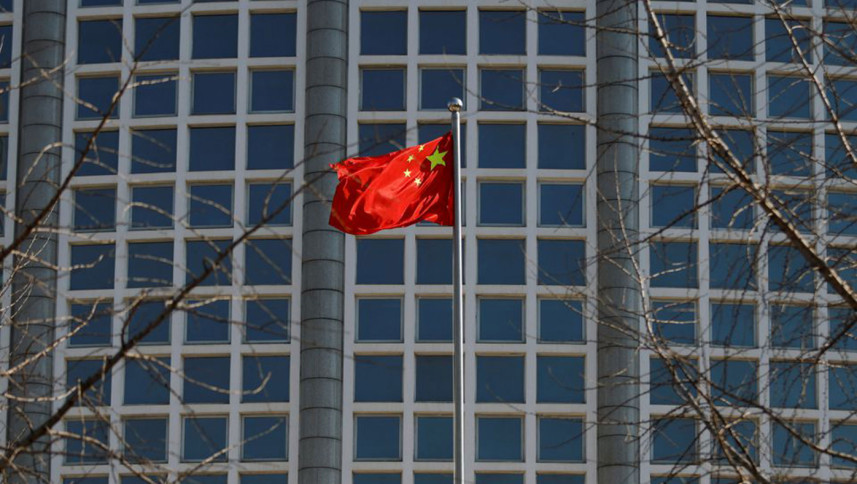China casts shadow over emerging nations’ chase for debt relief

From a $360 million project to expand Zambia's international airport in Lusaka to a $1.4 billion city port in Sri Lanka's capital of Colombo, China is the missing piece in the puzzle of a number of debts talks under way in developing markets.
The second-largest economy and the biggest bilateral creditor in the world is a dominant lender to many smaller, riskier developing nations. But Beijing has kept a low profile, not only on lending conditions but also on how it renegotiates with borrowers in distress.
That became more evident after the Covid-19 pandemic hit. Many economies buckling under economic strain are seeking debt relief.
Now, the pressure is rising on China to take a more active role in helping strained economies overhaul their debt burdens. Leaders of the Group of Seven rich democracies on Tuesday called on China specifically when urging creditors to help countries.
Poorest countries face $35 billion in debt-service payments to official and private sector creditors in 2022, with over 40 per cent of the total due to China, according to the World Bank.
But analysts say the International Monetary Fund (IMF) and World Bank premise of fair burden-sharing in debt relief talks could set them on a collision course with China, putting the prospect of comprehensive debt restructurings into question.
"Chinese 'Belt and Road' money is everywhere – so we will see this over and over in sovereign debt restructurings," said Dennis Hranitzky, head of sovereign litigation at law firm Quinn Emanuel.
According to Beijing, the Belt and Road Initiative unveiled in 2013 is a platform for international cooperation in infrastructure, trade, investment and financing linking China with other parts of Asia, the Middle East, Europe and Africa. China's foreign ministry and central bank did not respond to requests for comment.
Zambia and Sri Lanka are test cases on how fast debt talks evolve. Both also need to restructure with overseas bondholders and hammer out IMF programmes.
"China's engagement on debt talks is not in the hands of the IMF nor governments," said Polina Kurdyavko, head of emerging markets at BlueBay Asset Management in London.
"Bringing China to the negotiating table in a timely manner could be the biggest challenge in the upcoming debt restructurings."
Chinese lending is mostly extended by state-controlled agencies and policy banks and is often opaque.
A working paper of the National Bureau of Economic Research in the United States found half of the 5,000 loans and grants extended to 152 countries from 1949 to 2017 have not been reported to the IMF or the World Bank, despite China being a member of both multilaterals.
"Opacity is a recurrent problem with some of these Chinese loans," said Matthew Mingey, senior analyst with Rhodium Group, adding China had stricter confidentiality clauses on its commercial loans.
Data compiled over three years by AidData, a U.S. research lab at the College of William & Mary, found terms of Chinese state-owned banks' loans require borrowers to prioritise them for repayment.
Examinations of 100 Chinese loans with 24 low- and middle-income countries showed - when compared to those of other bilateral, multilateral and commercial creditors - demands for an unusual level of confidentiality, in some cases, "even the fact of the contract's existence", the study led by Georgetown Law professor Anna Gelpern found.
Where China has agreed to ease debt burdens, details are often unclear.
The plethora of Chinese lenders also adds to complexity, though Export-Import Bank of China and the China Development Bank feature most heavily.
"When it comes time to renegotiate, individual Chinese banks may not necessarily have an idea of what other Chinese banks are doing," said Mingey. Progress has often been slow.
Zambia is seeking relief on $17 billion of external debt after becoming the first Covid pandemic-era default more than two years ago. Some of the slow progress is due to China's lack of experience with tricky debt restructurings, people familiar with the matter say.


 For all latest news, follow The Daily Star's Google News channel.
For all latest news, follow The Daily Star's Google News channel. 



Comments